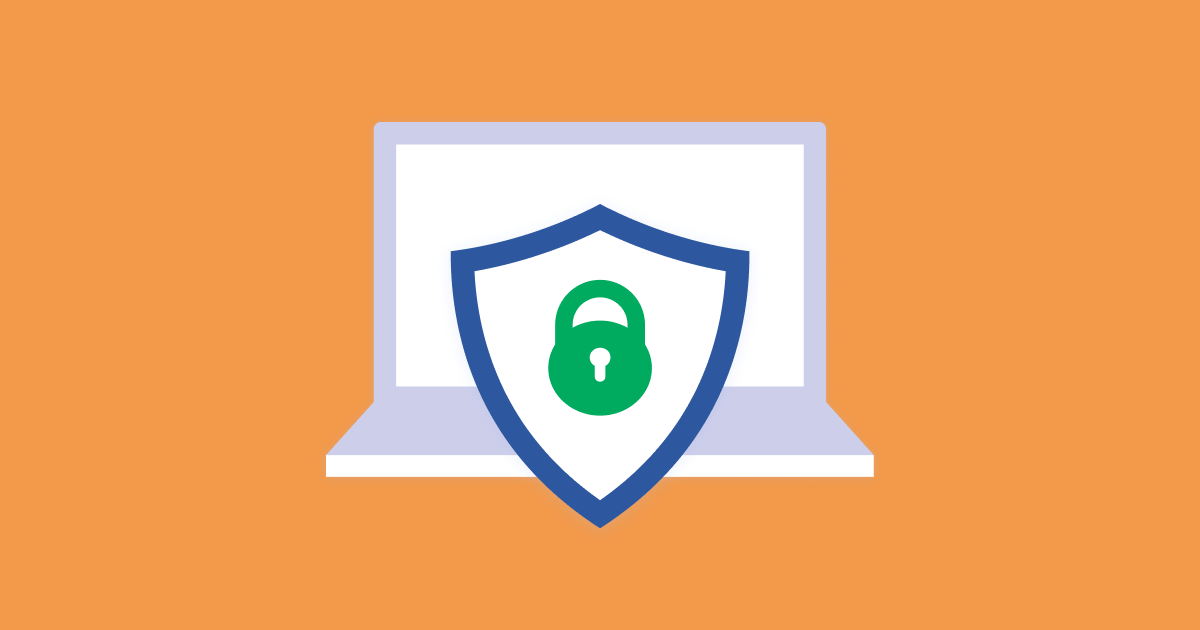Being a small business doesn’t mean you don’t have sensitive data that needs protecting. In fact, small businesses often fall victim to cyber-attacks in the form of malicious software. To combat this, small business owners should implement several security measures to prevent data breaches.
Below, we’ve prepared a list of cybersecurity tips for small businesses. These are designed to combat cyber threats and promote cybersecurity awareness. With these tips, your sensitive information will be safe from cybersecurity threats!
6 Simple Cybersecurity Tips For Your Small Business
Perform Regular Updates
It may seem like an obvious tip, but it’s surprising how many people neglect their software updates. Updates allow you to keep your Mac computer on the cutting edge. Without it, your Mac and software will be less secure, allowing hackers to exploit security flaws and gain access to your system.
Apple releases regular updates to their operating systems that often improve security features on your device. If you own any antivirus software from third parties, it’s worth checking regularly for any updates they release for their software.
If your business has an IT manager, ask them about setting up regular software updates for all office equipment. It’s a small change to your routine that can make a massive difference to cyber security.
Put Password Protect Access & Authentication Procedures In Place
The most straightforward way of protecting your computer from unauthorized use is with password protection. Unfortunately, it isn’t enough to mandate staff to add any old passwords to their computers. For maximum protection, strong passwords are essential.
By using strong passwords, a hacker will have a significantly harder time gaining access to the system. This also protects against attempts to gain physical access.
Another way to increase your device’s protection is with additional authentication procedures, such as two-factor authentication.
Also, making sure that each employee has their own separate user account is essential. That way, if one staff member suffers a data breach, it doesn’t affect anyone else directly.
Lastly, it is possible to password protect individual files. This can be ideal for restricting access to critical data files. The type of files this method is ideal for human resources files, financial files, and electronic spreadsheets.
Train Employees About Threats
Computers are a ubiquitous aspect of our daily lives. Despite this, many people still aren’t properly trained in their operation, let alone how to keep them secure. It is essential that people understand the tools they use if they are going to use them effectively.
Sure, most people can access word processing documents. But how many know about administrative privileges or anti-virus software? Considering the risk in letting staff handle sensitive data and process payments, all your employees need training on cyber security.
Backup Data Regularly
For any business, backing up data regularly is one of the most important cybersecurity measures.
Some financial institutions require you to keep records of digital assets and business information for legal reasons. Many anti-fraud services and especially financial institutions like the Federal Communications Commission (FCC) won’t do business with your company without them.
With that in mind, the risks involved in these backups are enormous. Unauthorized individuals would go to great lengths to gain entry to the servers that house these backups. It is therefore paramount that key personnel develop an incident response plan should something happen.
Always Connect To A Secure Wireless Access Point
An infamous trap that hackers set out for unsuspecting users is an unprotected wi-fi network. The solution to this trap is simple. Only use an internet connection that you trust.
Your company’s network should always have a strong password, as well as an identifiable network name. If one user on a computer network becomes compromised, they risk infecting other business computers.
Additional security obligations are a must when dealing with sensitive documents. Never lower your firewall software, even when using secure programs.
Encryption software and virtual private networks are also essential when accessing sensitive files, even if the files are on the same computer.
Use A Security App
Security apps like Pareto Security scan your Mac device for any settings that impact security. For example, if you leave File Sharing on by mistake, Pareto Security will provide a risk assessment and let you know. These small settings changes can have a massive effect on security.
Pareto Security will ensure nothing slips through the cracks.
Conclusion
As cyberattacks surge, it’s clear that cyber security is important for all types of businesses – both small and large. To keep your business safe from threats, implement the security tips mentioned above.
